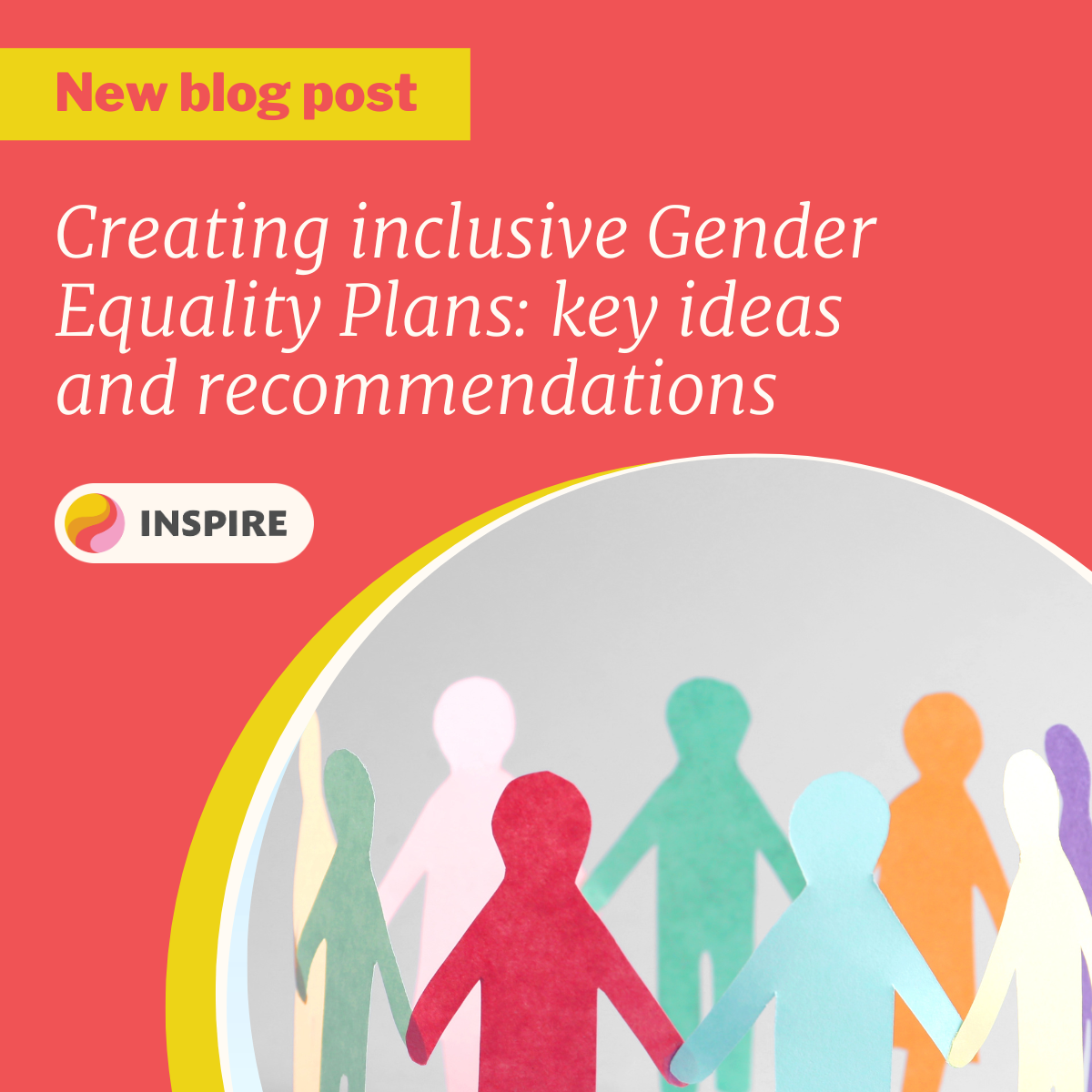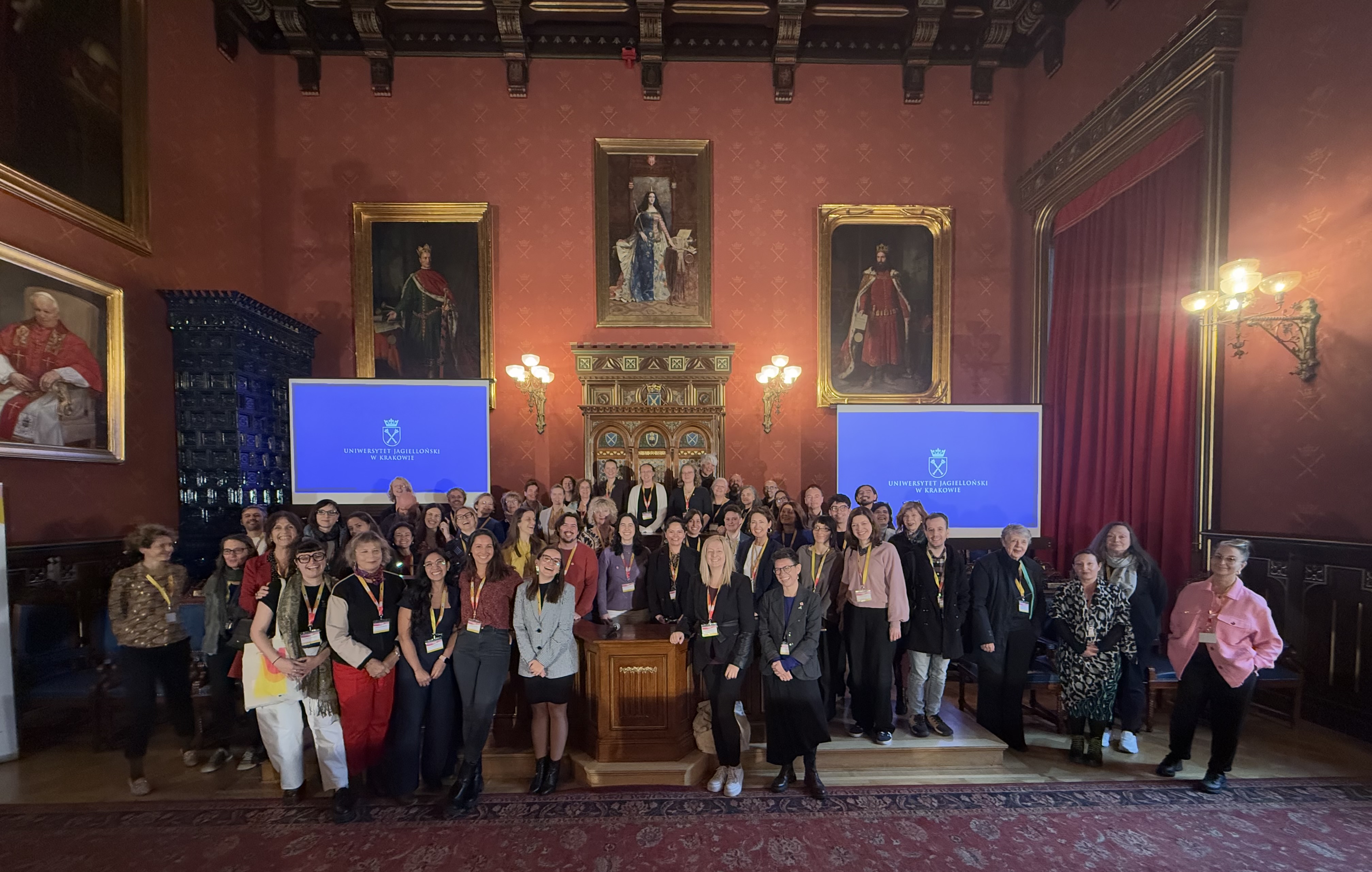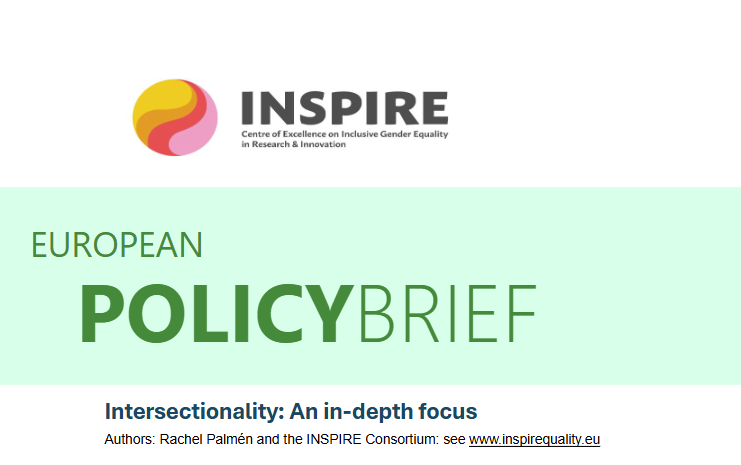The political priorities and joint actions of the European Commission in research and innovation have seen a shift in focus from ‘gender equality plans’ to ‘inclusive gender equality plans’ in recent years. However, there is little knowledge and understanding of what inclusive gender equality means and how an inclusive Gender Equality Plan should be designed, implemented, and evaluated. In the transition from ‘Gender Equality Plans’ to ‘Inclusive Gender Equality Plans’, four main challenges have been identified, including 1) how to sustain and deepen the momentum of change processes, 2) tailoring approaches that are contextually sensitive and build on local knowledge, expertise and activism, 3) the lack of know-how on how to integrate an intersectional perspective through Gender Equality Plans, and 4) strengthening research and skills for inclusive gendered innovations.
To address these challenges, the INSPIRE project is facilitating collaboration through Knowledge and Support Hubs (KSHs) in four thematic areas and has conducted a scientific literature review for each of these themes: Sustaining Change, Widening Participation, Intersectionality and Innovation.
The outcomes of this review work and the collective reflections of the INSPIRE team and Advisory Board members are collected in a recent policy brief that provides conceptual clarity, summarises existing knowledge on inclusive gender equality policies and plans, and makes key policy recommendations.
The INSPIRE vision on inclusive gender equality from an intersectional perspective
Among the key conceptual clarifications, the Policy Brief INSPIRE Vision makes an explicit distinction between an ‘inclusive’ approach and an ‘intersectional’ approach to gender equality. INSPIRE understands ‘inclusion’ as an organizational participatory and transformative process guided by core values such as feminism, care, social justice, equality, solidarity, decolonialism, and democratic participation. Intersectionality, on the other hand, reveals the interconnected systems of oppression and privilege related to gender inequalities, as well as classism, ableism, racism, ageism, heterosexism, and cisgenderism.
Findings of the scientific review carried out include that diversity policy is not interchangeable with intersectional policy. While both concepts focus on differences and multiple strands of discrimination, an intersectional policy specifically addresses the unique needs that result from the intersection of multiple forms of discrimination. Therefore, adopting an intersectional perspective is not merely about acknowledging multiple identities, but also about understanding how these social categories are linked to systems of power and inequality that exist not only at the individual and interpersonal levels but also within social structures, and they mutually reinforce each other.
Policy implications and recommendations for a shift towards inclusive gender equality
The following ten ideas summarise some of the key recommendations distilled from the INSPIRE findings to make progress in creating more inclusive equality plans:
- Use the concepts of equality, equity, diversity, inclusion and intersectionality with care, making a clear distinction between them and being aware of the different types of data collection and analysis associated with each of these aims.
- Basing equality plans on data (both quantitative and qualitative) and including clear actions, timeframe, naming who bears responsibility for these actions, and defining the consequences if these actions are not carried out.
- Including representatives of different under-represented groups in working teams set up to define indicators, data collection systems and interventions.
- Supporting feminist leadership and increasing the gender competence of those responsible for leading change processes in order to remove existing barriers and effectively promote a culture of inclusiveness.
- Understanding local and contextual factors and implementing nuanced innovative initiatives that are context sensitive and rooted in local experiences.
- Accountability and dialogue with the different stakeholders (students, teaching staff, researchers, management, administration staff, etc.).
- More research on the prerequisites, success factors and contextual conditions for gendered innovation development.
- Communities of practice as platforms for sharing practice-based knowledge and mutual learning.
- Use validated scales to measure the level of social and psychosocial aspects such as job satisfaction, work climate or micro-aggressions, among others.
Providing a solid basis for measuring different social categories and dimensions of discrimination, including gender, race, ethnicity, ability, age and sexual orientation.
Know more
The INSPIRE Policy Brief deliverable is openly available on Zenodo at this link.
Rachel Palmén commented on the INSPIRE outcomes and the project’s work to create knowledge and support the implementation of inclusive gender equality plans in an interview at Universitat Oberta de Catalunya (check out the UOC News interview).
Author: María José Romano Serrano, FUOC




